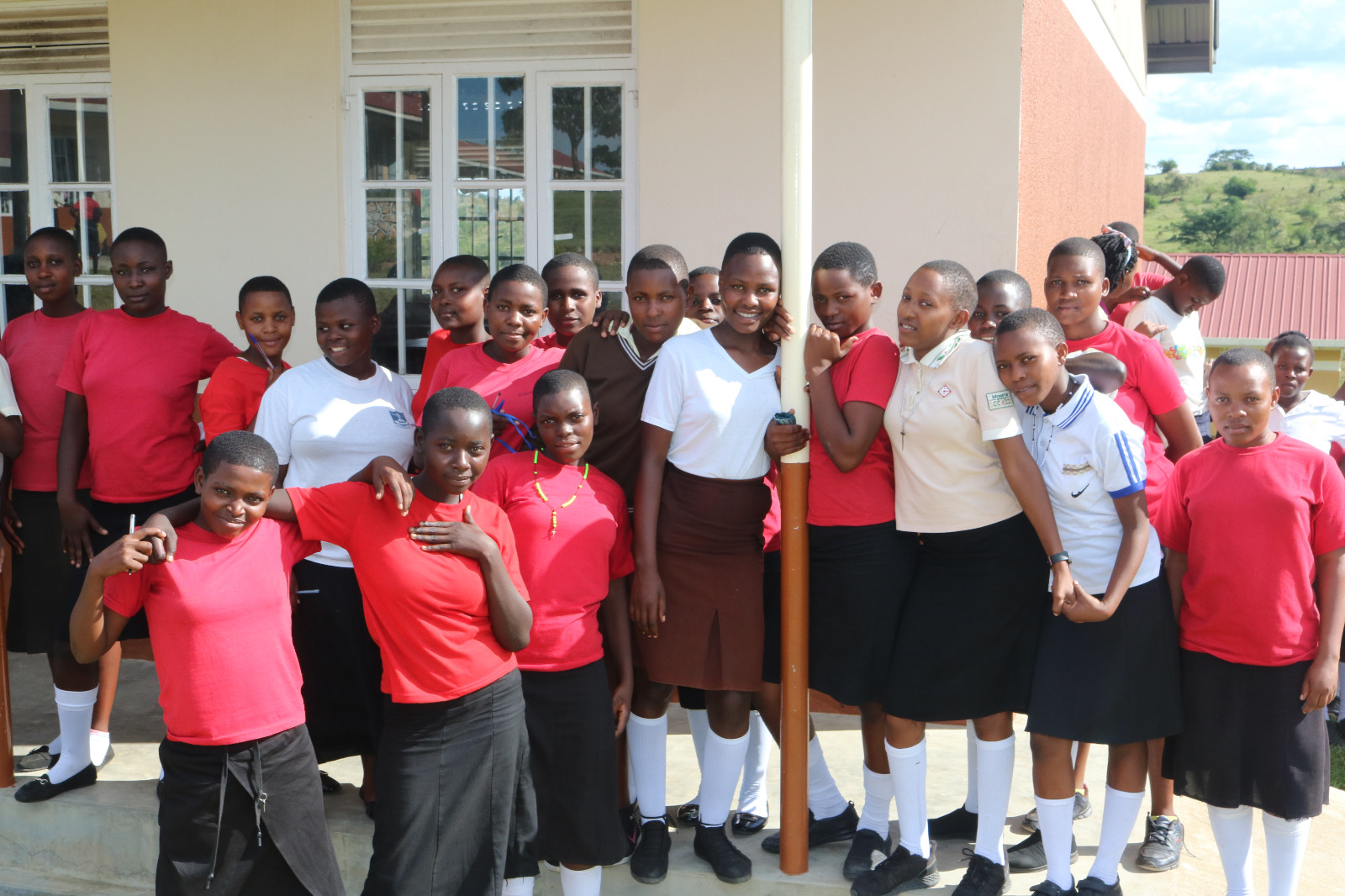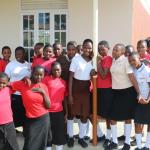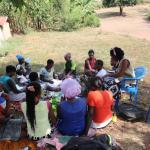Breaking the silence on sexual violence in Uganda by empowering rural schoolgirls through education and safe spaces
In many rural communities across Uganda, silence is taught as survival. Girls grow up learning that their value lies in obedience, modesty, and restraint. Talking openly about sex, bodies, or violence is discouraged and seen as shameful. But what we have learned over time is that silence does not protect girls. It exposes them.
During a recent school outreach led by Embibo Gender Initiative, one girl stood up and almost quietly said, “It is shameful to report or talk in public about anything that involves having sex.” Her words hit hard. That shame is not accidental; it is structural. It is inherited, taught, reinforced, and passed down like tradition. And it is one of the biggest barriers we face in the fight against sexual violence.
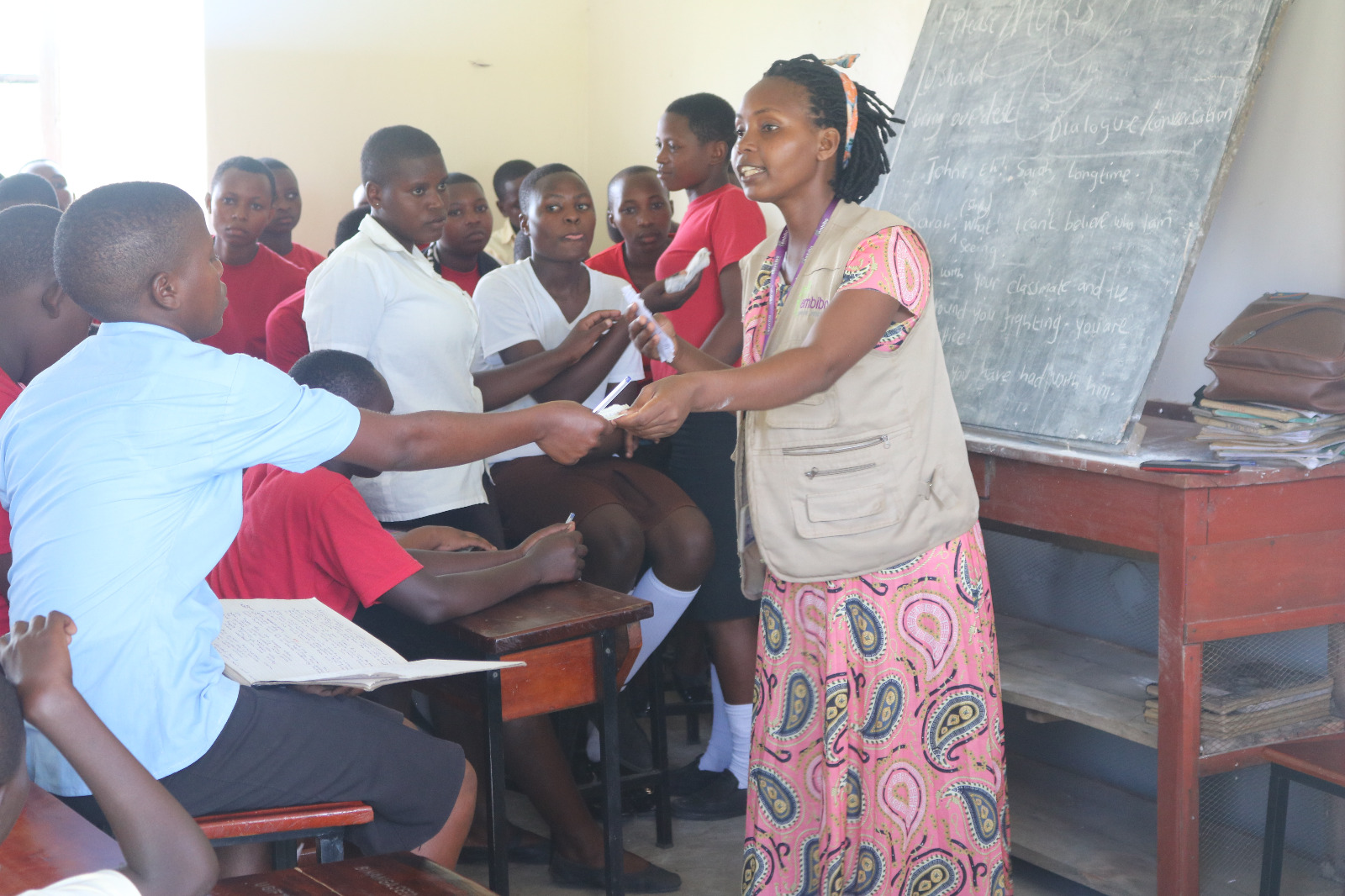
According to the Uganda Demographic and Health Survey (2016), about 1 in 20 girls experiences sexual violence before turning 18. For adolescent girls aged 15–19, 14% report having faced sexual violence, and yet, only 13% of all survivors ever seek any kind of help. Whether it is justice, medical care, or emotional support, most girls remain silent. The reasons are many: they do not know where to go, they fear backlash, or they have been taught that silence is safer than shame. Among women aged 15–49, the overall rate of sexual violence stands at 22%. These numbers point to a system where survivors are isolated, unheard, and unsupported. This is the gap our work is trying to close.
At Embibo, our work starts by breaking that silence. Our school outreach sessions are not ordinary health talks. They are designed to open the doors that have been shut for too long. We talk about sexual and gender-based violence (SGBV), sexually transmitted infections, including HIV, the basics of bodily autonomy, and the legal rights that every girl has but may not know about. But most importantly, we listen. We create spaces where girls can speak freely without fear of punishment or ridicule.
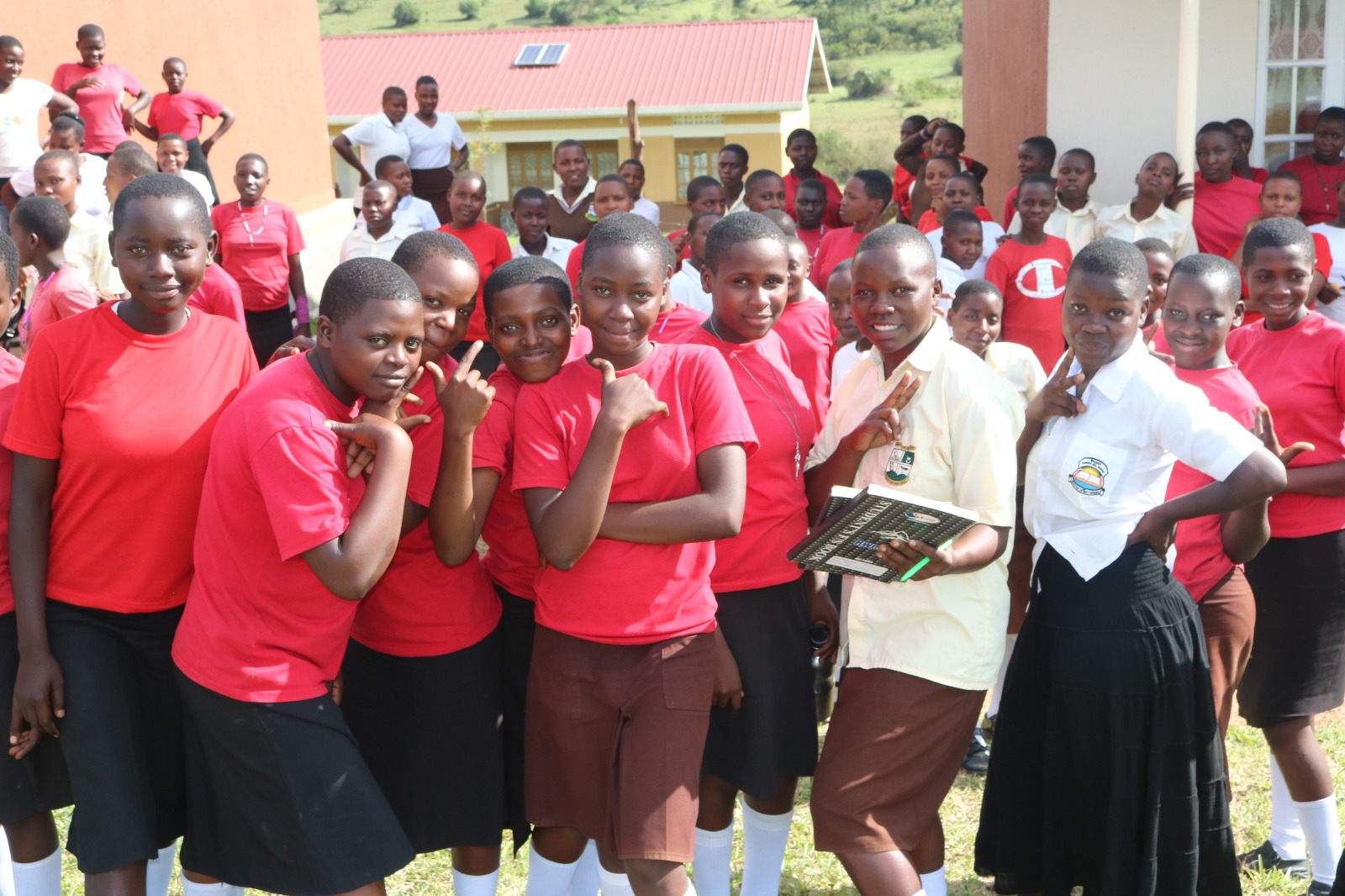
Each session includes a walk-through of the actual referral process. We do not stop at saying “report”. We explain who to talk to, where to find them, and what to expect. We prepare girls for what the actual process looks like, from the health centre to the police and even to court, because we know that knowledge without direction leaves them vulnerable.
Our legal team also plays an important role in these sessions. They answer all the difficult questions girls often have, and this helps clear up myths and provides clear steps for girls to take when something happens. This is not abstract work. It is lifesaving.
One survivor once shared that it was through a similar session that she first realised that what had happened to her was a crime, not a consequence of her behaviour, like she had first convinced herself. That knowledge changed her entire future.
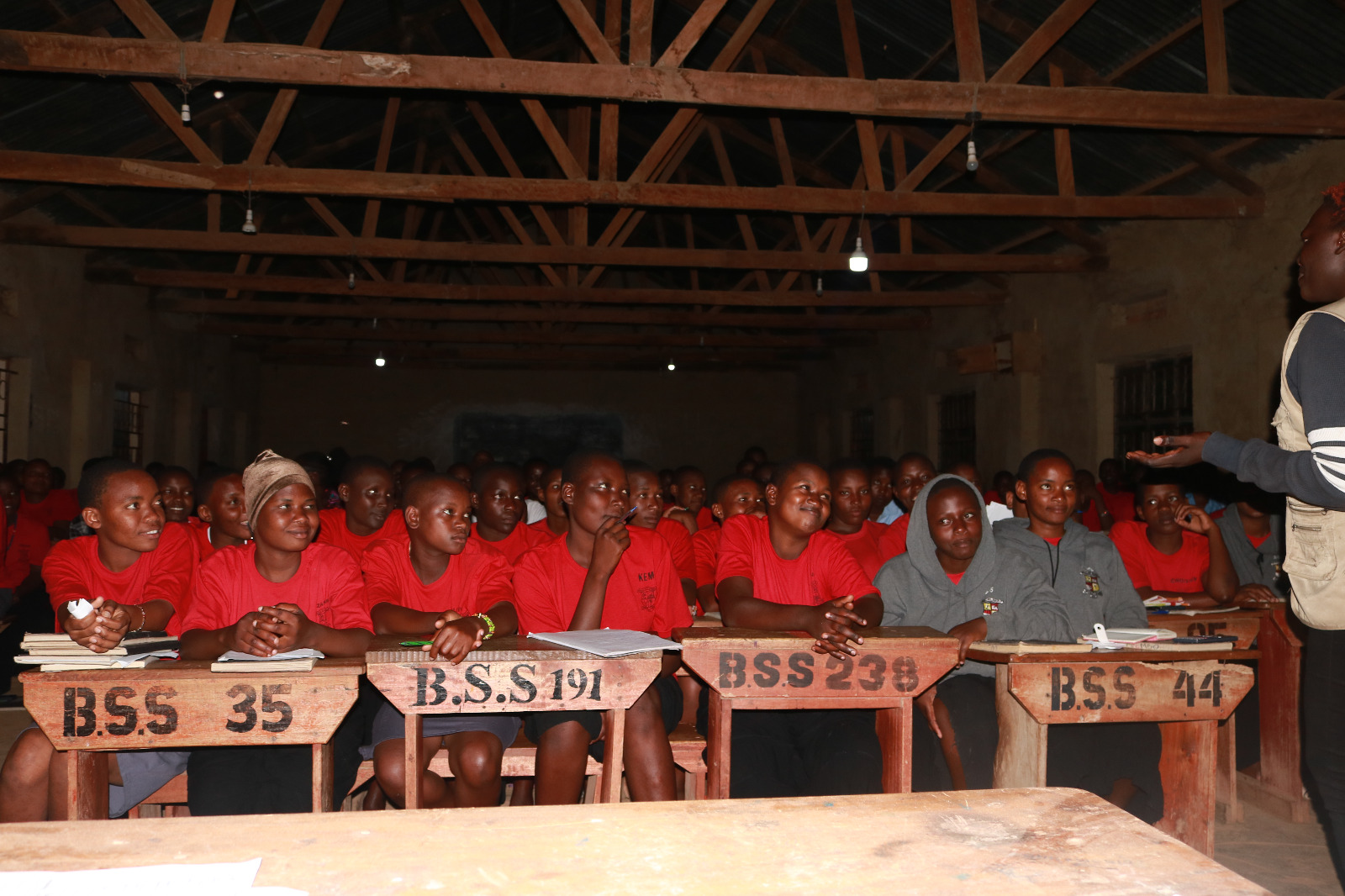
What we are building in these schools is more than just awareness. We are building power—the kind that comes from knowing your rights and how to act on them. The kind that helps girls go from “this is shameful” to “this was wrong, and I deserve justice”.
This is part of our larger mission to ensure that rural girls are not left behind when it comes to sexual and reproductive health and rights. If a girl cannot report what happened to her, if she does not know who to trust or what her rights are, then the systems built to protect her are failing. That is what we are working to change, school by school, voice by voice.
Because until girls are free to speak, they are not truly safe.


